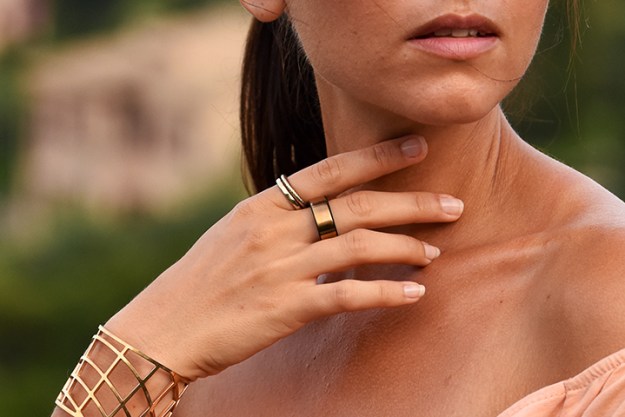
The study, conducted two years ago at the University of Reading, notes “that the phenolic compounds found in champagne can improve spatial memory, which is responsible for recording information about one’s environment, and storing the information for future navigation.” Thanks to the two red grape varietals, Pinot Noir and Pinot Meunier, used to produce the alcohol, champagne is relatively high in these phenolic compounds when compared to white wine. Red wine has also been shown to have similar health benefits, but those are attributed to flavonoids, described as “a group of plant metabolites thought to provide health benefits through cell signaling pathways and antioxidant effects.”
Champagne, on the other hand, “which lacks flavonoids, is also capable of influencing brain function through the actions of smaller phenolic compounds, previously thought to lack biological activity,” said Professor Jeremy Spencer of the University of Reading’s Department of Food and Nutritional Sciences.
Of course, even back in 2013, researchers were cautious about encouraging the general public to imbibe. “We encourage a responsible approach to alcohol consumption,” Spencer added, “and our results suggest that a very low intake of one to two glasses a week can be effective.”
Unfortunately, while the original paper published on the subject promised testing of the champagne results in humans (sign me up for that study), no such experiment has yet been conducted, so it’s still unclear as to whether these phenolic compounds really do help Alzheimers and dementia patients. England’s National Health Service was alarmed by the viral resurfacing of the study, and issued a warning on Monday noting that there was “no hard evidence champagne can prevent dementia.”
So as ever, take these results with a grain of salt. But keep your fingers crossed for more definitive results in the future.
Editors' Recommendations
- Yale wants to keep your possessions safe with new smart delivery box, lock
- Ember’s new smart mugs will keep your drinks warmer for longer this winter


